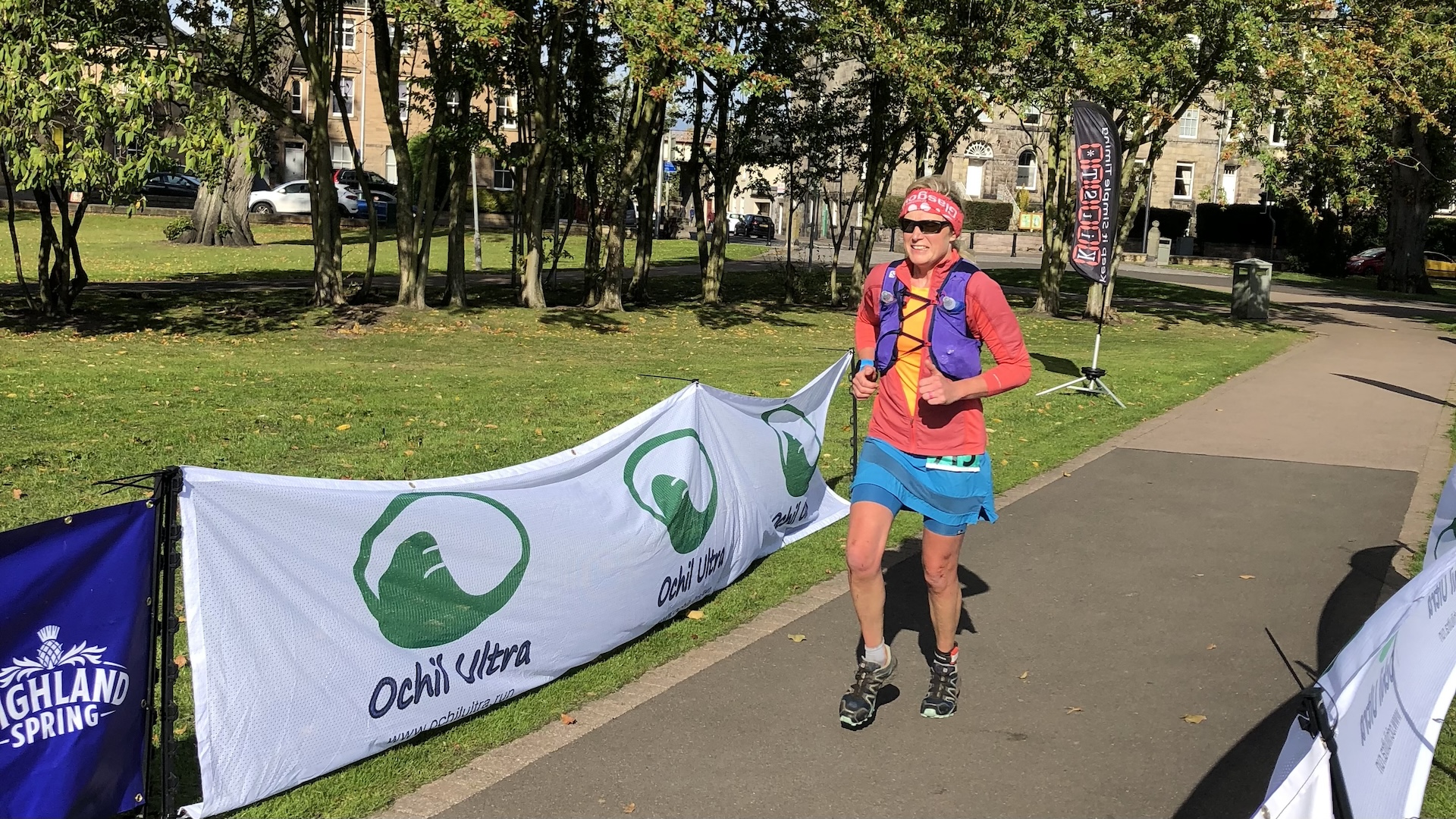
Like many runners I was attracted to the idea of stepping up my distances from half marathon, through marathon, to ultra marathon. The distance of an ultra-marathon is widely held as any event longer than 30 miles, or 50km, although some people class an ultra race as any distance longer than a marathon. My first ultra marathon was a hilly one, the Ochils Ultra, which took place in the range of hills between Stirlingshire and Perthshire in Scotland.
Here are nine things I wish I'd known before running my first ultra marathon.
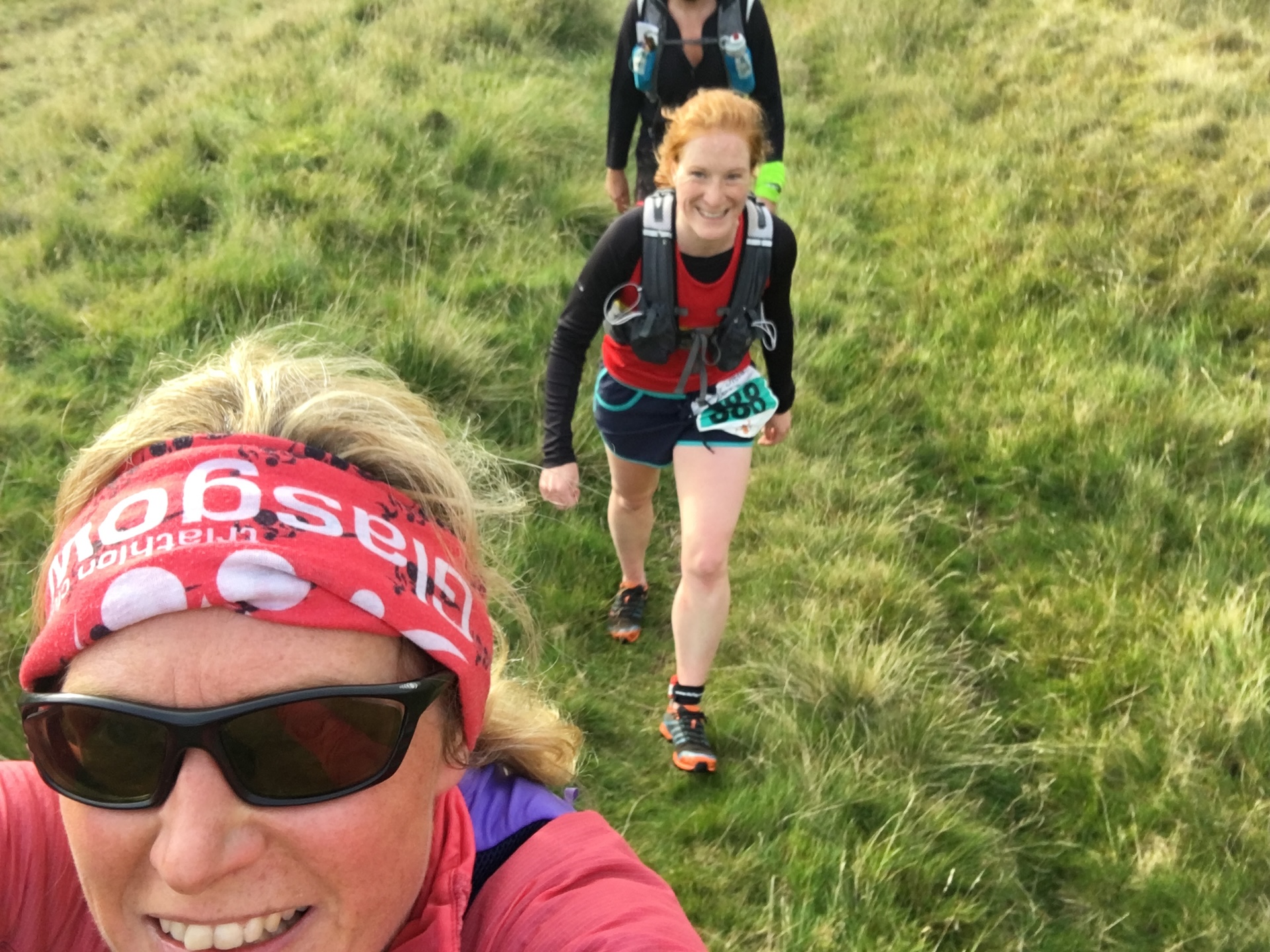
1 It’s important to run your own race – and not the race of others
Being a competitive person and feeling good at the start of the ultra marathon, I got caught up early on running the race of other people. I enjoyed the first 10 miles or so running alongside a couple of younger female runners.
I knew the pace was a little fast but I was pulled along by their chat and my race-day enthusiasm and I figured that I could drop the pace at any point that I wanted to.
Sadly, that first section of running outwith my comfort zone turned out to be a heavy price to pay towards the end.
I did need to slow down and those ladies ran on to finish in first and second place. Meantime, I struggled to maintain even my usual comfort zone running speed and suffered with very heavy legs and tired and cramping muscles for the final stages of my race.
I know now that if I had settled into my own race pace right from the start, I would have had a much more enjoyable experience and I m sure I would have achieved a faster overall time.
2 Walking is absolutely fine - in fact it's sensible
In any running race, I like to do my best and this normally means I keep running. But, in a longer distance race, pace and the conservation of energy are key to finishing. In many cases, walking up the hills, rather than trying to run, makes perfect sense. This is why some people will tell you that ultra running is actually hiking.
Looking back on my first ultra marathon, I think it would have paid dividends if I'd walked briskly uphill rather than trying to run the hills. Through more experience, I now run the flats and downhills but march up the uphills.
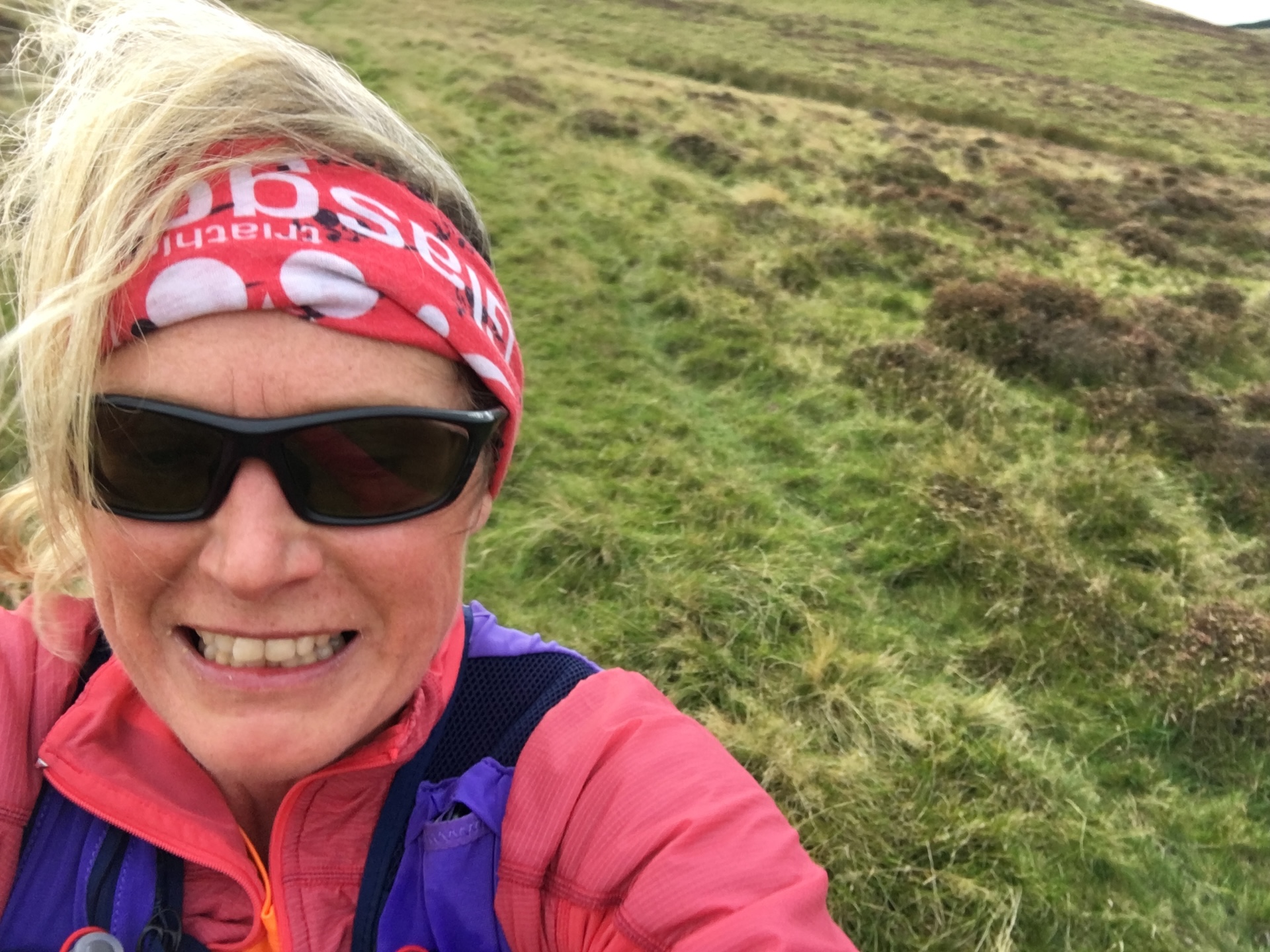
3 Regular eating is vital - even when your stomach says no thanks
Regular fuelling is key to a successful ultra marathon. I didn’t eat enough of my snacks early enough in the race and this meant my digestive system was not ready for food when I did decide to eat. I felt quite nauseous for most of the second half of the race.
I have learned that eating regularly – every half hour at least – and right from the start of a race pays dividends.
I usually take a mix of savoury and sweet foods on a long-distance run and I avoid shop bought energy gels unless it is towards the end of the run, or race. I find that “ordinary” food works better with my stomach.
I like foods such as oatcakes and cheese (with plenty of butter so they are not too dry), meat sticks such as Pepperami, Babybel cheeses, salted nuts, home-made flapjack and jelly sweets. You need to try all these foods in training, too, to make sure your stomach can cope with them.
4 Comfortable clothing is more important that looks
I am not someone who worries too much about what I look like during a race but I did see some “interesting” outfits worn by other competitors. Tiny shorts, for example, look good on some people but the effect of many miles of sweaty running can cause a lot of thigh chafing. I winced at the legs of some runners with the potential for sore inner thighs.
Similarly, crop tops might look good and feel airy on a warm day, but there is a big potential for sores developing on bare skin when you wear a running pack.
I sensibly wore a running skort, so I had protection from chafing as well as comfort. My mistake was my sports bra, which caused a lot of underarm chafing. I was sure I'd worn this bra in training and it felt comfortable, but on the day it rubbed.
I think it was due to the amount I sweated on the day of the race. The combination of damp skin with salt led to rubbed skin that took weeks to heal.
5 Talking of sweat… I took salt tablets but failed to consume them
Salt tablets are an essential on many people’s ultra marathon tips and kit list. I took them with me for my first ultra marathon, but then I failed to consume them. I had not used salt tablets in training and so I was unsure how my body would deal with them.
In the end, I wished I'd given them a try because I suffered bad cramps in my hamstrings and some experts believe that salt tablets help to ward off muscle cramps.
6 The body – and mind – is incredibly resilient
Despite the physical suffering in the final part of the ultra marathon, I was amazed by how resilient I was. My mind kept pushing me on to take one more step, and another step, and eventually I made it to the finish line.
I had been convinced from about two-thirds into the race I couldn’t possibly complete it, but I did.
What you learn is that whatever the distance of a running event, there will be a point when you believe it’s impossible to finish but somehow you do. There is a great deal of mind over matter in ultra marathon running.
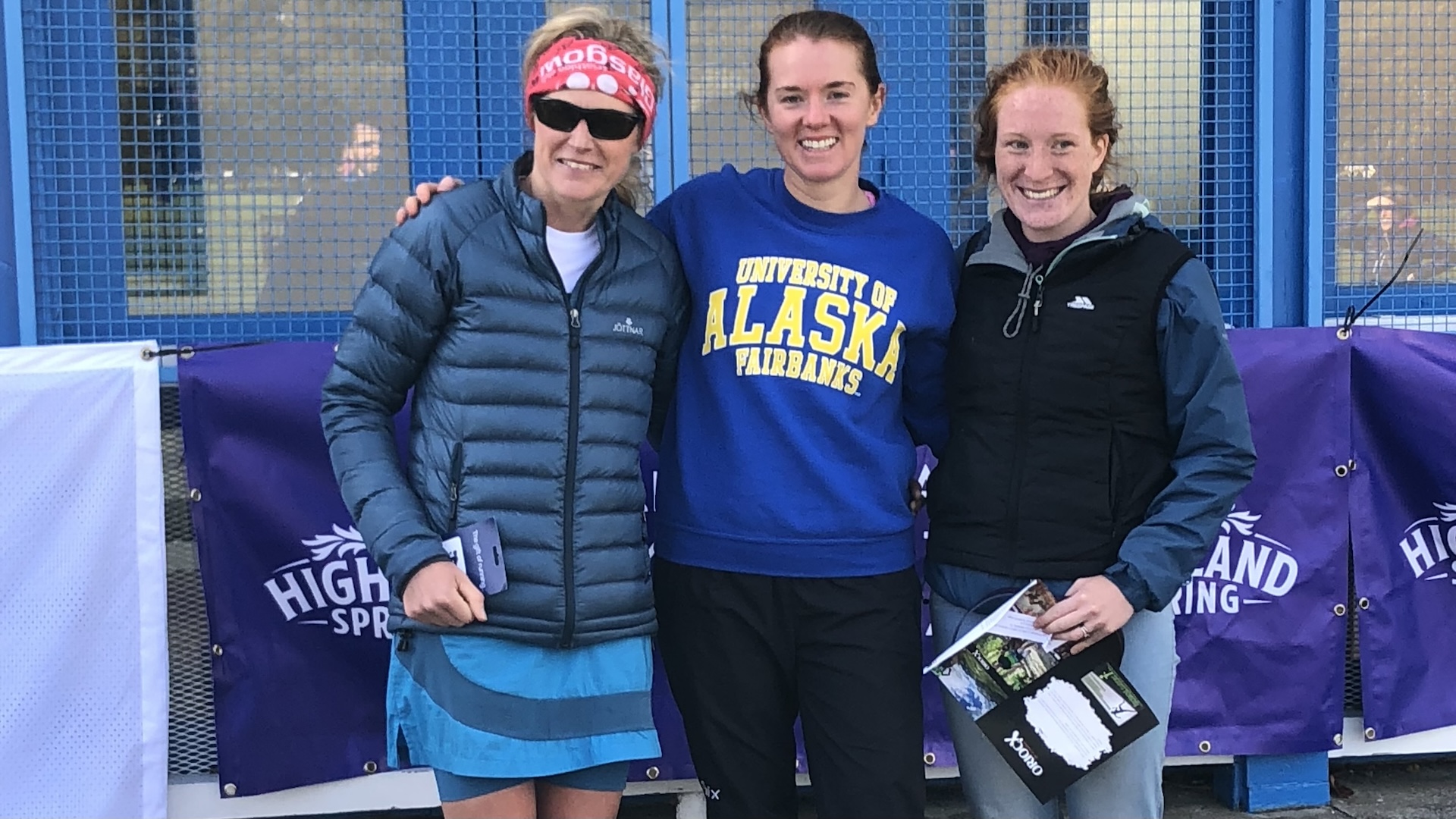
7 Beware the inevitable tarmac
I chose an ultra marathon that was mostly off road. I much prefer trail running to road running. But, as I have come to learn, many long distance running races will include sections of tarmac.
Running on the hard and unforgiving surface of tarmac when your legs and body are tired is very tough indeed. It's worth keeping this in mind so you are not too shocked when it happens.
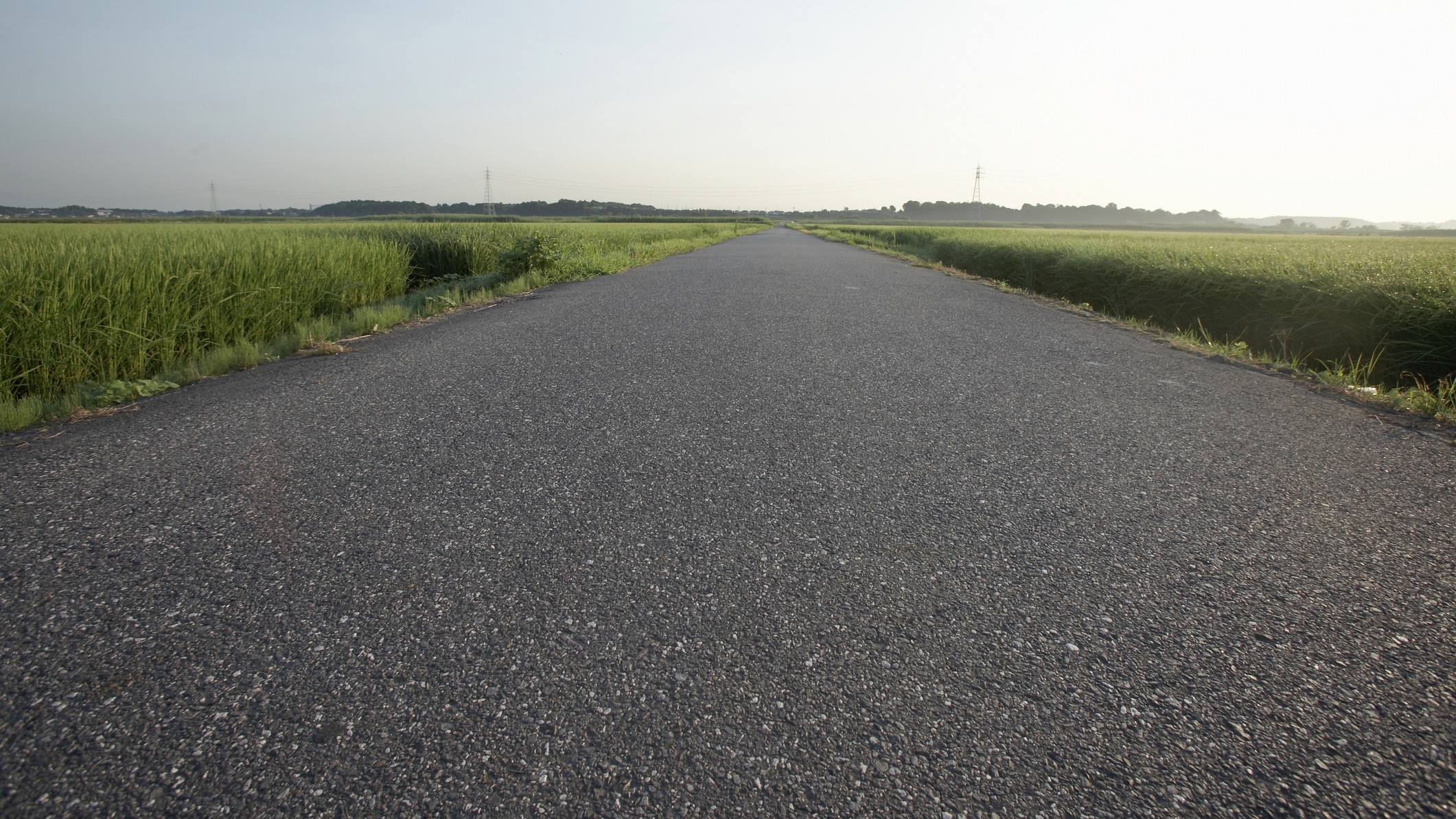
8 Age isn’t so important in ultra marathons
The ultra marathon competitors ranged from 20s to 60s - and maybe some 70-year-olds.
While I might have expected the younger runners to be more successful, it turned out that there was a wide mix of age groups in the first finishers.
Age – and gender – perform on a much more level playing field in longer distance running events, from what I witnessed.
Indeed, I was 50 when I did my first ultra marathon. I ended up in third place in the female race, behind those two younger women who I had tried to keep up with in the early stages of the race. I was about double the age of one of them.
9 Getting into the car to drive straight home is a poor recovery choice
My husband met me at the finish and after a bit of low-level stretching and sipping from a water bottle, I got into the car with him to drive home. This was a bad idea because my muscles almost completely seized up as I sat in the passenger seat for a couple of hours.
Looking back I would have been much better if I had completed a good range of stretches and then gone for a walk for a while to ease off my muscles.
I should have drunk more water and also consumed a protein shake for a more effective post-race recovery.
- The best trail running shoes: get a grip on the trickiest terrain







